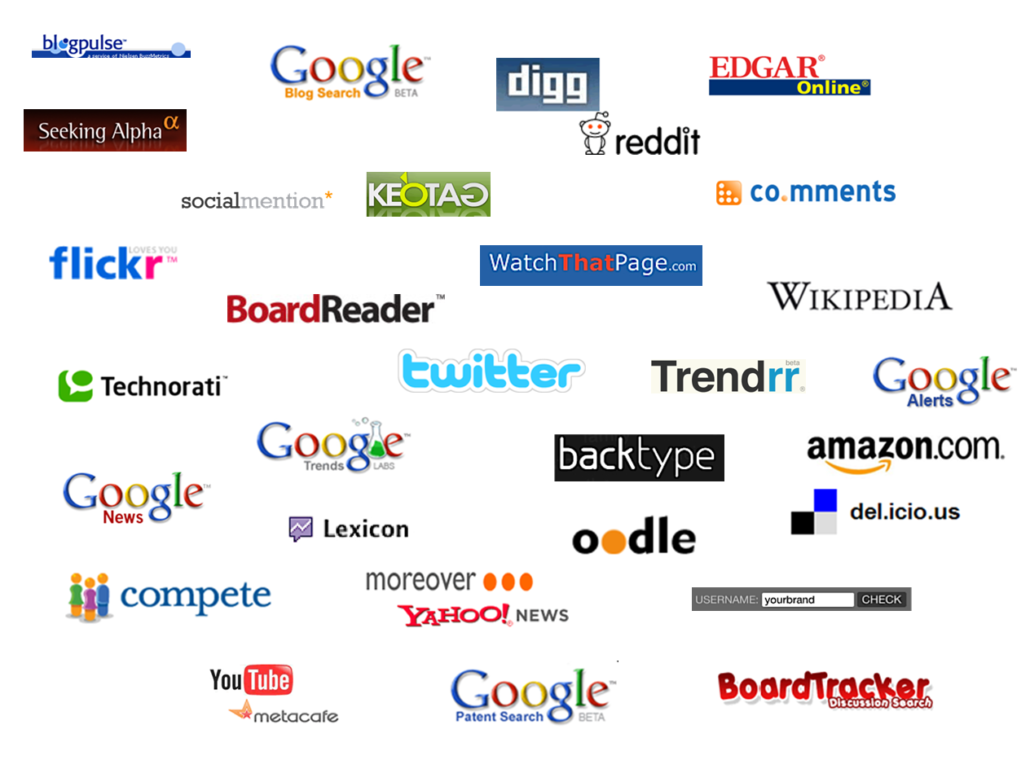Criminology and Law Enforcement Officials Using Social Media To Fight Crime
For years now, the world has become a very high-tech place, and just like with everyone else, criminals are also becoming more astute and coming up with more technological ways to break the law. Ever since the Internet started seeing widespread use, Criminology and law enforcement officials have been playing catch-up to try and monitor all of the offenders that are currently on the web. Now, as social media has taken hold, it seems that officials now have a new tool in fighting crime.
Social media has allowed the world to become interconnected and interface with one another through the digital format of social media. More and more of our connections are going through online forums, but it’s also having the side-effect of keeping track of everything we say. Law enforcement agencies around the country are beginning to realize the power of social media for their own purposes.
Police blogging has become relatively popular lately, and it’s beginning to allow police stations across the country to keep up on the events of the day. Many people are already familiar with the police sergeant sitting at the registry desk, but now a station can keep track of Twitter feeds, blogs, and updates. It offers officials and the public a real-time way to see the crimes that are being committed in their area. These blogs are publishing crimes and arrests and keeping track of the real-world activity through online avenues. This is becoming a very useful tool to keep an open dialogue and exchange of information between citizens and police. Average citizens can also post on these blogs to let police know about what’s going on and it’s quicker than a phone call.
There have been sites where people could go online and see the latest wanted criminals, but now different law agencies are beginning to use Facebook, Twitter, and other social media platforms to update and keep people aware of local criminals that are at large in their area. The great thing about social media is that it’s instantaneous, and officers can keep the public aware of what’s going on up to the minute. This has been done through fan pages as well as local and district specific pages. Their usage has become more fine-tuned over time, and it’s increasing in regularity. It’s another example of how much social media is changing our everyday lives.
Many aren’t aware of the term, but social media stakeouts are becoming a popular tool to find criminals in every background. Some social media advocates argue that this has become a sort of invasion of privacy but police and law enforcement officials aren’t hacking into anything, they’re merely listening in. Whether you agree with it or not, it’s given police the ability to track important information and search real-time for offenders and key words and phrases that are of particular interest. This social media monitoring is a preemptive measure that’s getting a lot of attention. There exists the possibility that these social forums could be abused by officials but there’s no doubt that it has helped them to keep up with the times.
It’s not clear as to how much control different offices of enforcement really have over our personal and social media accounts. There’s been a lot of speculation over Facebook’s complicity in working with companies and governments and sharing personal information. Currently, it’s only through accusations. People are worried about “big-brother,” but it’s essential that we give our law enforcement officials the tools they need, within reason, to combat crime in an evolving society. Otherwise, we could run the risk of giving criminals a better ability to curtail the law and hurt others.
This post is a guest post from the Davenport Institute.



